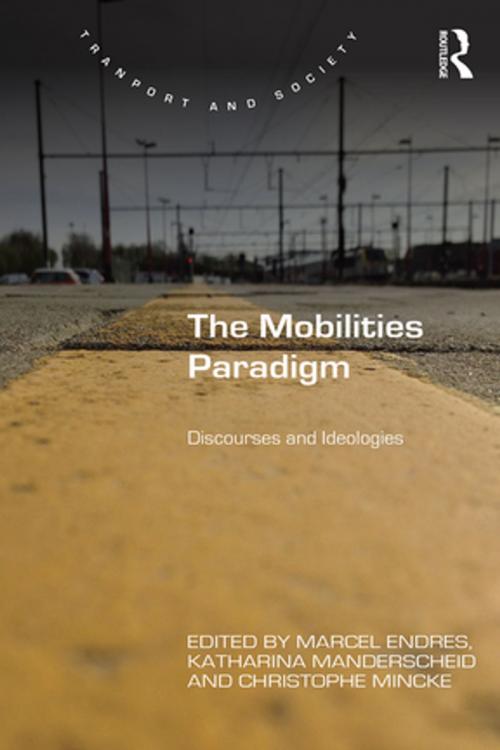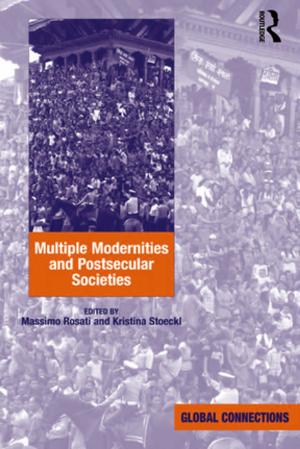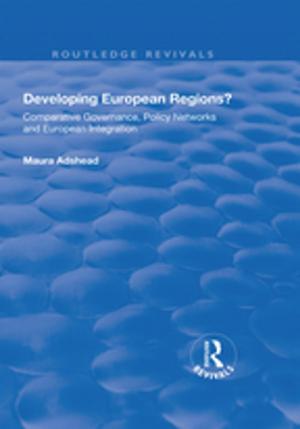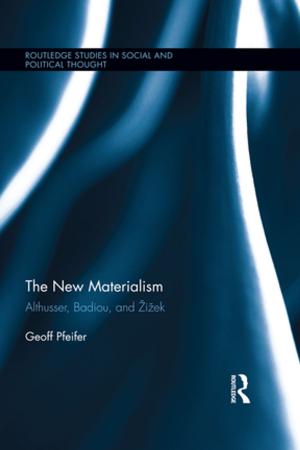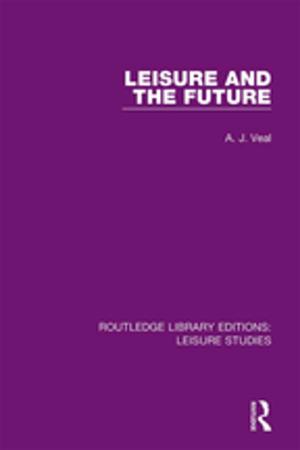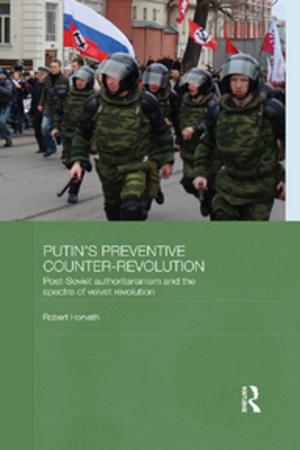The Mobilities Paradigm
Discourses and Ideologies
Nonfiction, Social & Cultural Studies, Social Science, Human Geography, Political Science| Author: | ISBN: | 9781317023852 | |
| Publisher: | Taylor and Francis | Publication: | May 12, 2016 |
| Imprint: | Routledge | Language: | English |
| Author: | |
| ISBN: | 9781317023852 |
| Publisher: | Taylor and Francis |
| Publication: | May 12, 2016 |
| Imprint: | Routledge |
| Language: | English |
Over the last two decades, the conceptualisation and empirical analysis of mobilities of people, objects and symbols has become an important strand of social science. Yet, the increasing importance of mobilities in all parts of the social does not only happen as observable practices in the material world but also takes place against the background of changing discourses, scientific theories and conceptualisations and knowledge. Within the formation of these mobilities discourses, the social sciences constitute a relevant actor. Focussing on mobility as an object of knowledge from a Foucauldian perspective rather than a given entity within the historical contingency of movement, this book asks: How do discourses and ideologies structure the normative substance, social meanings, and the lived reality of mobilities? What are the real world effects of/on the will and the ability to be mobile? And, how do these lived realities, in turn, invigorate or interfere with certain discourses and ideologies of mobility?
Over the last two decades, the conceptualisation and empirical analysis of mobilities of people, objects and symbols has become an important strand of social science. Yet, the increasing importance of mobilities in all parts of the social does not only happen as observable practices in the material world but also takes place against the background of changing discourses, scientific theories and conceptualisations and knowledge. Within the formation of these mobilities discourses, the social sciences constitute a relevant actor. Focussing on mobility as an object of knowledge from a Foucauldian perspective rather than a given entity within the historical contingency of movement, this book asks: How do discourses and ideologies structure the normative substance, social meanings, and the lived reality of mobilities? What are the real world effects of/on the will and the ability to be mobile? And, how do these lived realities, in turn, invigorate or interfere with certain discourses and ideologies of mobility?
